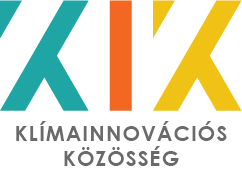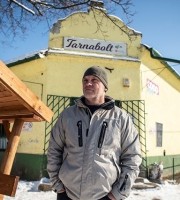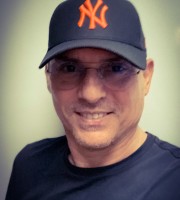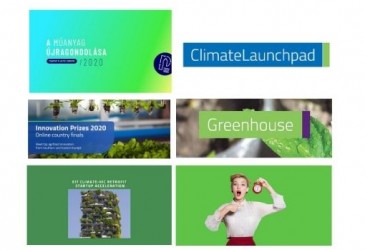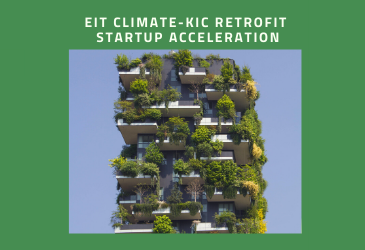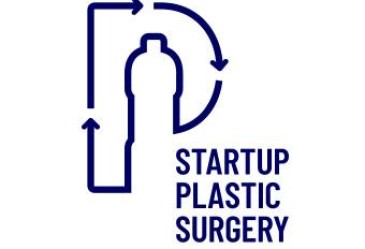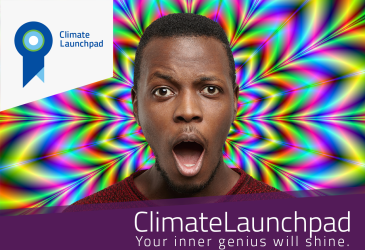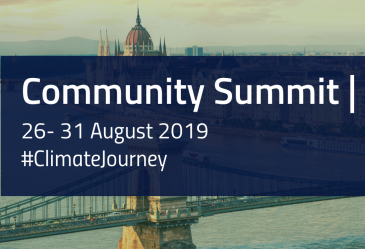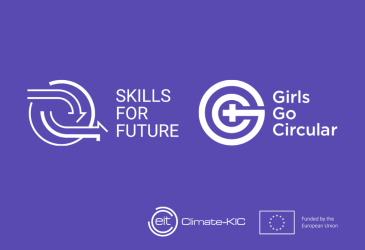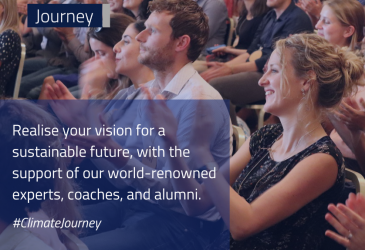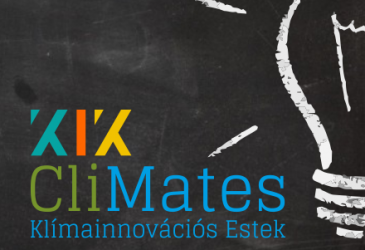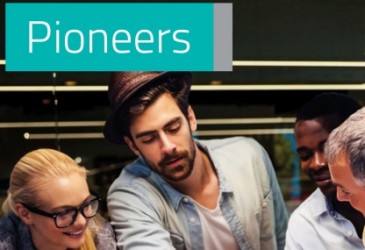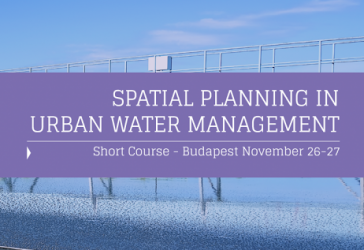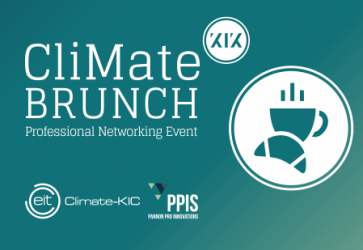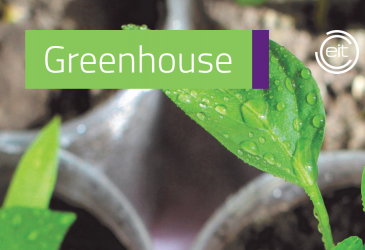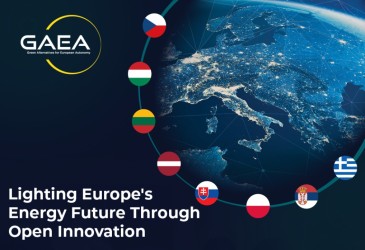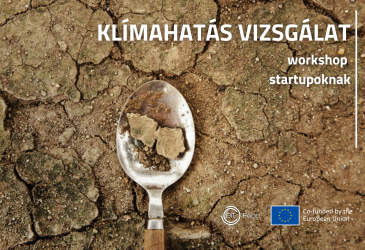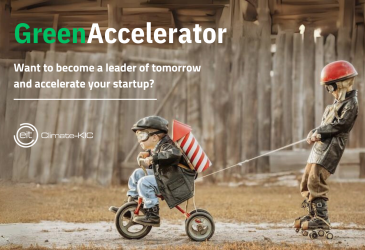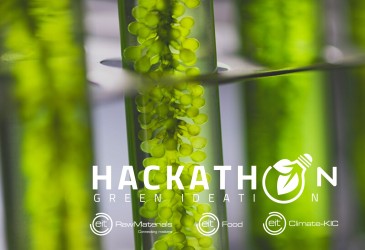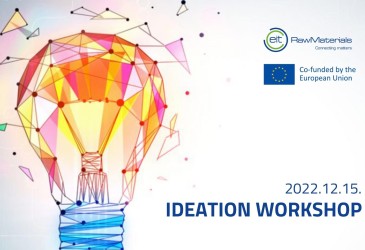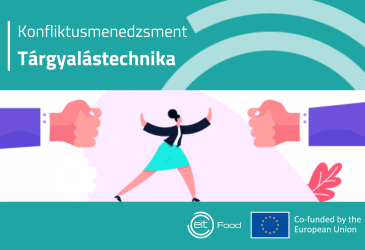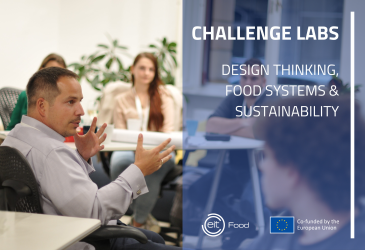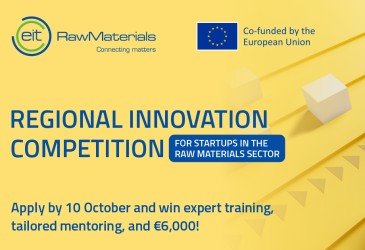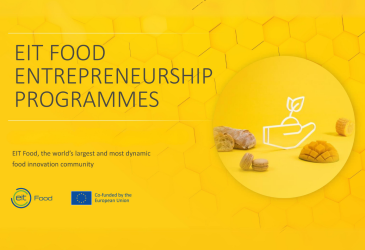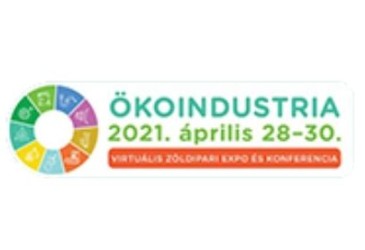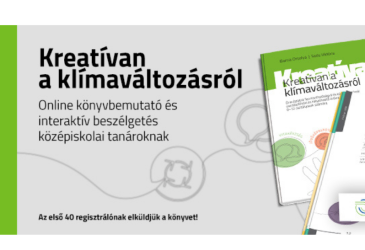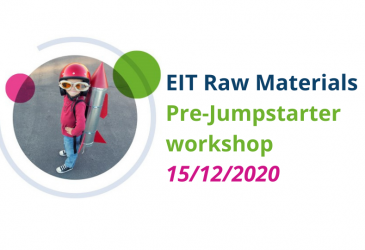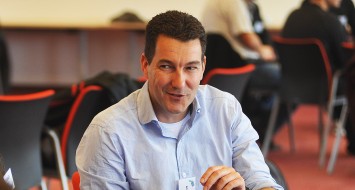
Tim van Hattum is very internationally oriented, having worked with or lived in countries around the globe, like India, China and South Africa. Currently, Tim is a project manager and business developer at research institute Alterra / Wageningen UR. He works on creating new business opportunities for innovative green solutions for climate change. Previously, Tim was responsible for policy development for adaptive water management, climate change and sustainability.
During the placements Tim has developed new ideas for climate adaptation within the strategic focus areas of the Platforms Sustainable City Systems, Land and Water, and Adaptation Services. Tim and Alterra already had broad knowledge on climate change, but wanted to learn more about creating new business cases and ventures.
Tim spent his international placement at WWF Hungary.
Tim, you have a degree in Environmental Chemistry and Environmental Science. You have worked as policy advisor for the province of Utrecht and the regional water authority from 2003 to 2010. You have been working for research institute Alterra for 6 years now.
How are your degrees relevant to the work you do?
These degrees are very relevant. I studied Environmental Science and at the moment I'm working on climate adaptation issues, which is very closely related to the study I did. I'm mainly focussing on water and climate issues in urbanised deltas, which is also very closely related to my study.
How was the transition from working for the government to working for a research institute? How did you manage it?
It's a totally different world! It was a big change. Working at a government is very local and practical. At a research institute we are working on global issues and the challenges of the future. To innovate it is important that governments, private companies and research institutes cooperate more closely together. It is still a great challenge to understand each other and to find funds for innovation
I understand you participated in the Pioneers into Practice programme, your host being the WWF Hungary. After having spent time in India and China I imagine adapting to life in Budapest was not a struggle.
How was working in and adapting to the environment in Budapest?
Well, that was very easy. Budapest is a wonderful city, and I really had a great time. The nice thing of the pioneers programme, when I arrived there were about 30 or 40 other pioneers working in Budapest as well.
With what expectations did you start the programme?
I started the programme for a few reasons. To learn more about innovation, and how to realise innovation. Ideas are only innovative when you realise them, it was really interesting to learn about that. It was also a great experience to start working for other companies, to learn about how they deal with climate change and what opportunities they see for new innovative solutions. It was good to learn about how to get more involved with private companies, as that is something we need to do more in The Netherlands. The pioneers programme was a great opportunity for that.
Were these expectations met?
Well, partly. The network and the trainings were really interesting, and we benefitted a lot from that. To be honest, I expected with the pioneers programme, there would be more private companies involved as a host. There were a lot of research-oriented organisations, and a lot of governments. There were a few private companies, but not that many. I decided working with WWF was most interesting for me, as their goal was to cooperate more with private companies. Unfortunately, I didn't have the opportunity to talk directly to the private companies during my placement, as WWF didn't want to go too fast.
Have you been in contact with the WWF since? If yes, do you know what role your placement has played in forming a Water Stewardship Strategy by WWF and companies involved?
Yes, I have had contact with my host a few weeks ago. I actually did the first inventory work for the Water Stewardship Strategy. You could say, with my placement, I created the first outlines of this strategy. At the beginning of the year, the WWF had a meeting with colleagues from all around the world, where they presented the work I had done for this strategy. Though there is still a lot of work to be done, because there is very little information available on the water use in the river basin. I offered Alterra and the University of Wageningen to stay involved in that, because it is really interesting for them as well.
Throughout your placement report, you mention multiple times how there is little information available on the use of water in the basin, and the role for water in the river basin.
What issues did this cause exactly, and how did you deal with those issues?
My placement was of course much too short for this complex study. The WWF were reluctant to contact the big companies, as they felt it was to early for that. Instead, I was asked to send them questionnaires, but the response was very little. In the literature, there's also very little information available on the use of water by these companies. I could only conclude that, and advise WWF they really have to ask that question to these companies.
How will the contacts, knowlegde and experience gained during the placement be used?
I still have contact with a lot of people from the international placement, and the people working at the WWF in The Netherlands. As a result of my domestic placement, Alterra and OKRA, a Dutch Landscape Architect, have the intention to sign a cooperation agreement. Both organisations see benefits from cooperating in the field of water sensitive urban design internationally. Their landscape engineering and clients are very useful to us, and our water and 'green' expertise is useful to them. That's a very interesting result of the pioneer programme.
The interview was conducted by our trainee, Joris Staeb. Thank you Joris for your great job!
